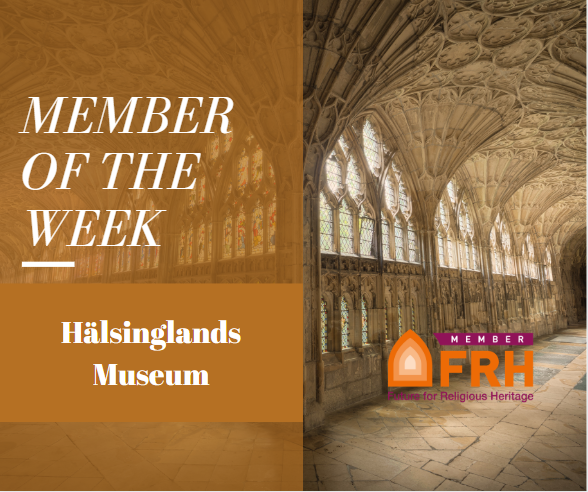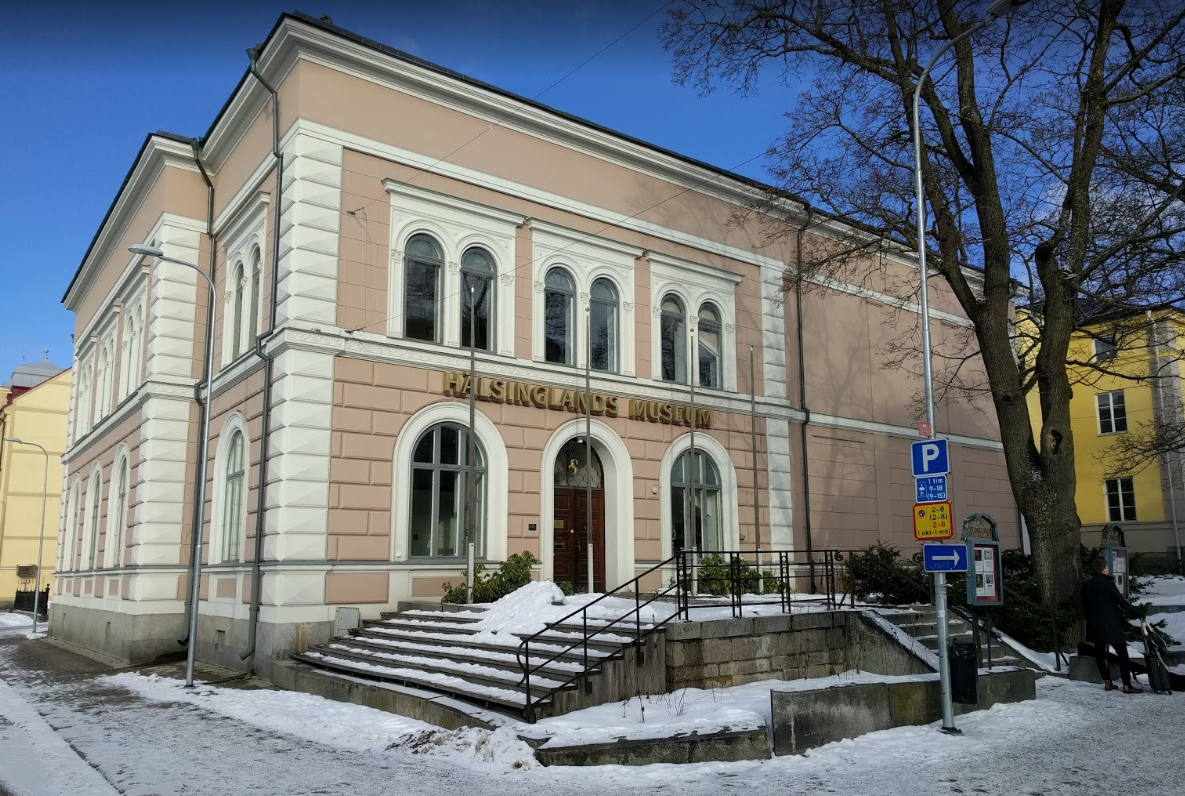
MISSION
The Museum of Hälsingland can be found in the middle of Hudiksval, Sweden in a former bank that was converted into a museum in 1937. Both cultural, historical, and art-oriented exhibitions take place in the museum. The Hälsinglands Museum is working to offer people and society different tools for interpreting and managing historical and contemporary events. The museum has large collections of medieval church art and objects of splendour from the region’s peasant culture, an extensive textile collection, and a significant collection of popular, interior wall painting. The museum’s image archive contains photographs from nearby rural landscapes and a larger portrait collection. A special part of the image archive consists of the Hilding Mickelsson collection of about 150,000 photographs that constitute an invaluable documentation of the landscape’s culture and nature. The Hälsingland Museum’s various projects cover the entire breadth of their business, from medieval church sculpture to contemporary integration debate and climate issues. The projects combine exhibitions, pedagogy, lectures and seminars, activities that highlight current social issues and lay the groundwork for broad collaborations with various community actors. Project work is one of the most important and dynamic areas of contact between the museum and the community, making important contributions to the social debate and revitalizing the museum’s efforts and own work.

ACTIVITIES
RESTORATION PROJECTS
The Hälsingland Museum has a solid knowledge of the county’s cultural environments and works to preserve, care for and develop these in a conscious and responsible manner. Their business area ranges from the Middle Ages to the present. Red cottages and modernist villas, medieval church environments and utility environments all convey knowledge of historical social conditions, living conditions and aesthetic ideals. The museum’s antiquaries all work with issues related to cultural heritage care and development and are happy to contribute to the dissemination of knowledge in our field of activity.
EDUCATIONAL PROGRAMS
The museum has unique opportunities to use objects and the creativity that the environment offers. Students are allowed to explore, impart knowledge, challenge in-depth performances and ask questions.
The museum collaborates with students and teachers, both through exhibitions and other educational activities.
Click here for more information





Follow us: